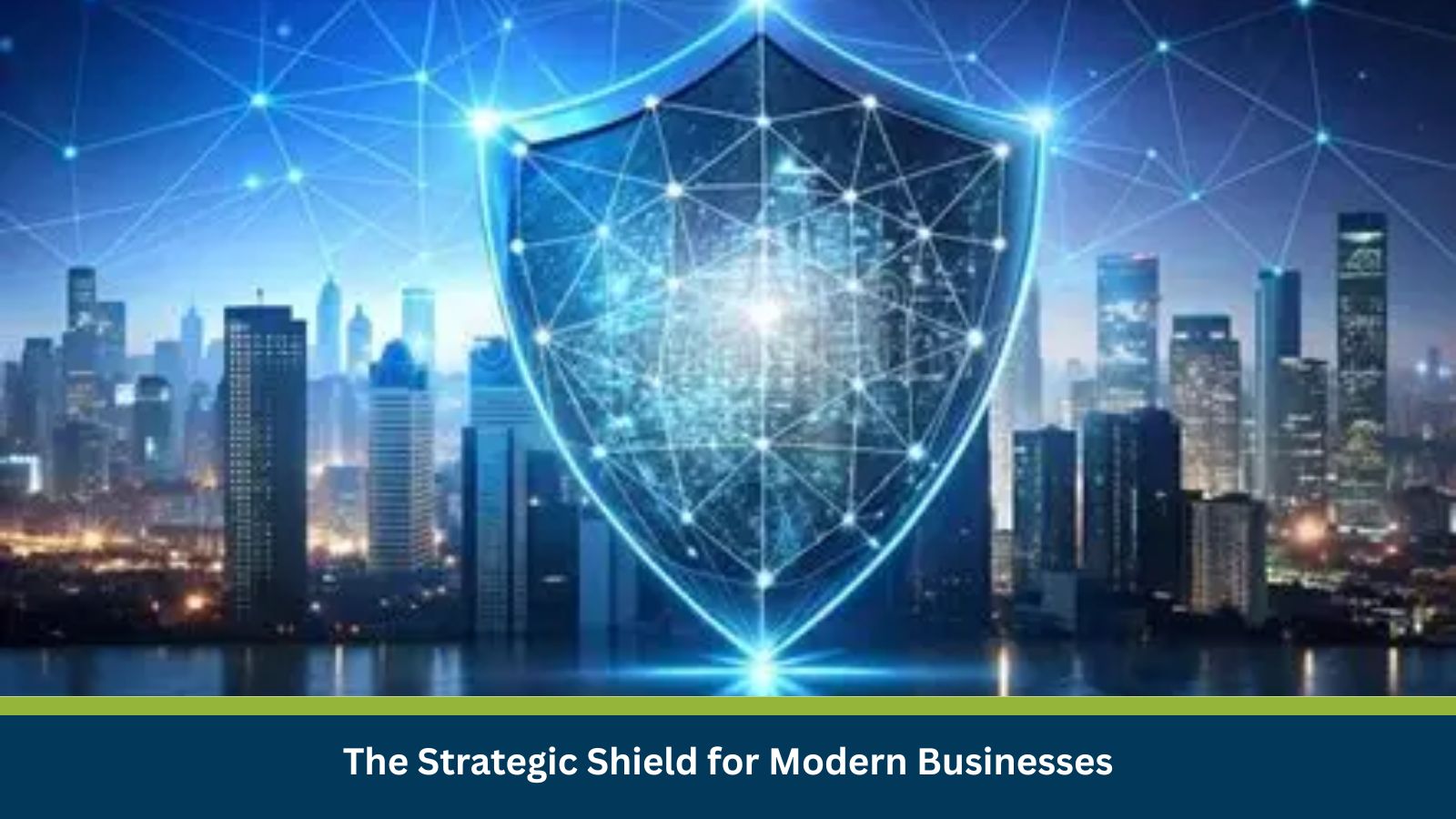In an interconnected global economy, businesses face a rapidly evolving landscape of uncertainties from geopolitical tensions and trade disputes to supply chain disruptions and cybersecurity threats. Enterprise Risk Intelligence (ERI) has emerged as a critical discipline, enabling organizations to anticipate, assess, and respond to these challenges with agility.
The Global Context of Enterprise Risk Intelligence
Global enterprises today operate in an environment where geopolitical factors can trigger immediate and widespread operational consequences. According to the World Economic Forum’s Global Risks Report, political instability, sanctions, and territorial conflicts are among the leading disruptors of global commerce. Enterprise Risk Intelligence leverages real-time data, analytics, and strategic foresight to detect these risks before they escalate, allowing organizations to act decisively.
For instance, recent US sanctions imposed on specific countries can disrupt critical supply chains overnight in Asia-Pacific. Companies with strong ERI frameworks can swiftly pivot to alternative sourcing, negotiate with unaffected markets, and safeguard operational continuity.
How Enterprise Risk Intelligence Tackles Operational Disruptions from Geopolitics?
Operational disruptions driven by geopolitical events can be sudden and severe : border closures, changes in trade tariffs, or energy supply restrictions can destabilize entire industries. Enterprise Risk Intelligence addresses these by:
- Proactive Monitoring – Tracking political developments, sanctions updates, and trade policy changes globally.
- Scenario Analysis – Running predictive simulations to model the operational impact of possible geopolitical shifts.
- Cross-Functional Integration – Aligning procurement, compliance, and logistics teams for coordinated contingency planning.
- Decision Acceleration – Delivering data-backed insights that help leadership act before disruptions hit critical operations.
Research from the McKinsey Global Institute shows that companies with advanced risk intelligence capabilities recover up to 30% faster from geopolitical disruptions compared to peers.
The Importance of Risk Intelligence in a Connected World
In today’s hyper-connected economy, a single political decision in one region can have ripple effects across continents. Trade disputes in one country can cause raw material shortages in another, and energy restrictions in a geopolitical hotspot can escalate costs globally. Without Enterprise Risk Intelligence, such scenarios can lead to production delays, market losses, and reputational damage.
Key benefits of implementing Enterprise Risk Intelligence include:
- Resilience Building: Enabling organizations to absorb shocks and maintain operational flow despite geopolitical instability.
- Regulatory Compliance: Staying ahead of evolving trade and compliance requirements.
- Competitive Advantage: Using geopolitical insights to adapt faster than competitors.
- Sustainable Growth: Balancing risk mitigation with market expansion strategies.
In essence, Enterprise Risk Intelligence is a strategic enabler. As global political landscapes shift unpredictably, ERI equips businesses with the tools to remain operationally strong, compliant, and competitive.
Your Security Partner
MitKat’s Datasurfr platform delivers real-time, AI-powered risk intelligence, filtered and contextualised by expert analysts to support proactive decision-making. Paired with our Protective Services, we turn intelligence into action—safeguarding your leadership wherever they operate. Collaborate with MitKat to build true business resilience. From Risk Consulting and Security Design to Cyber Security and Protective Services, our integrated solutions help organisations navigate today’s complex threat landscape and build robust, future-ready risk management frameworks.






